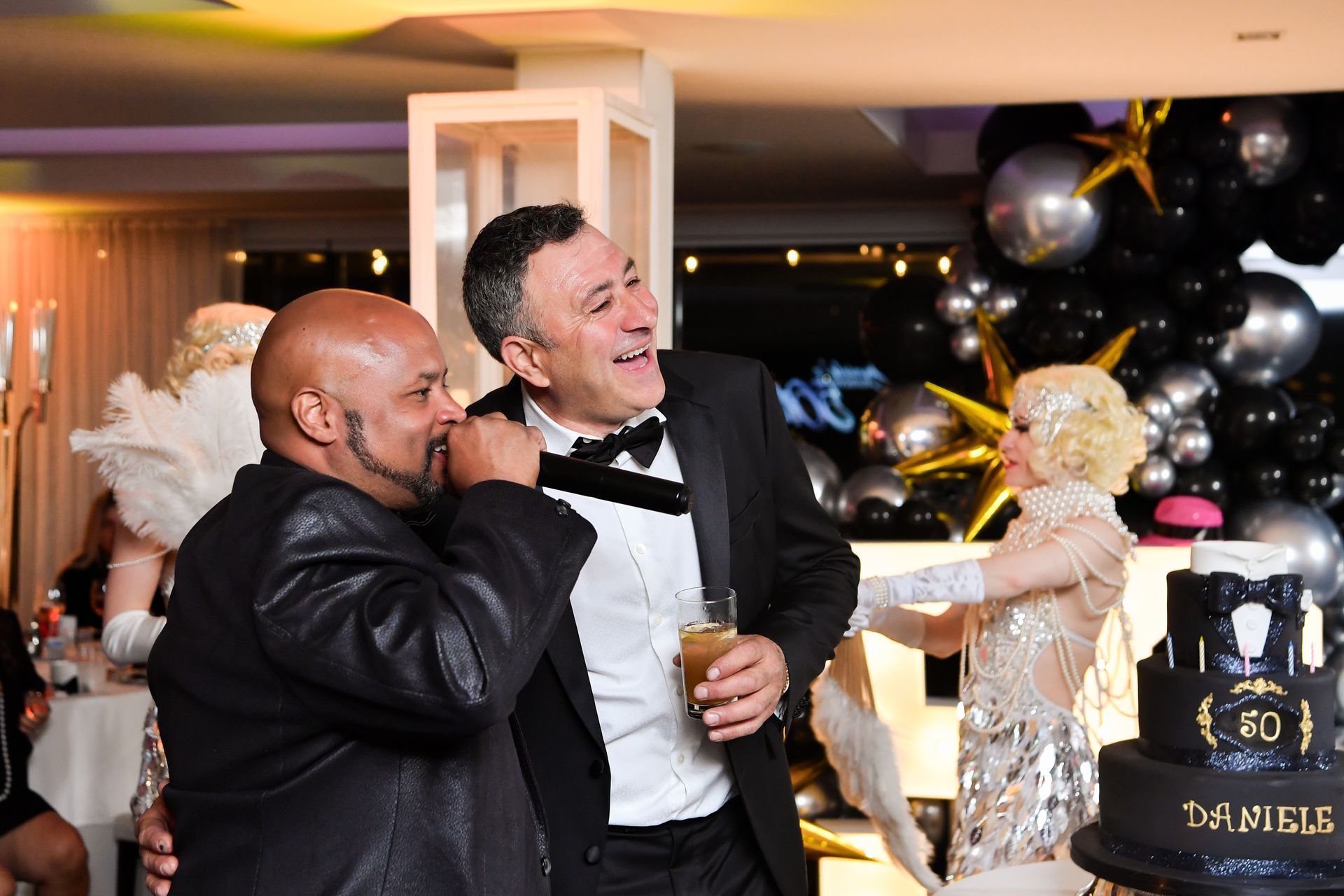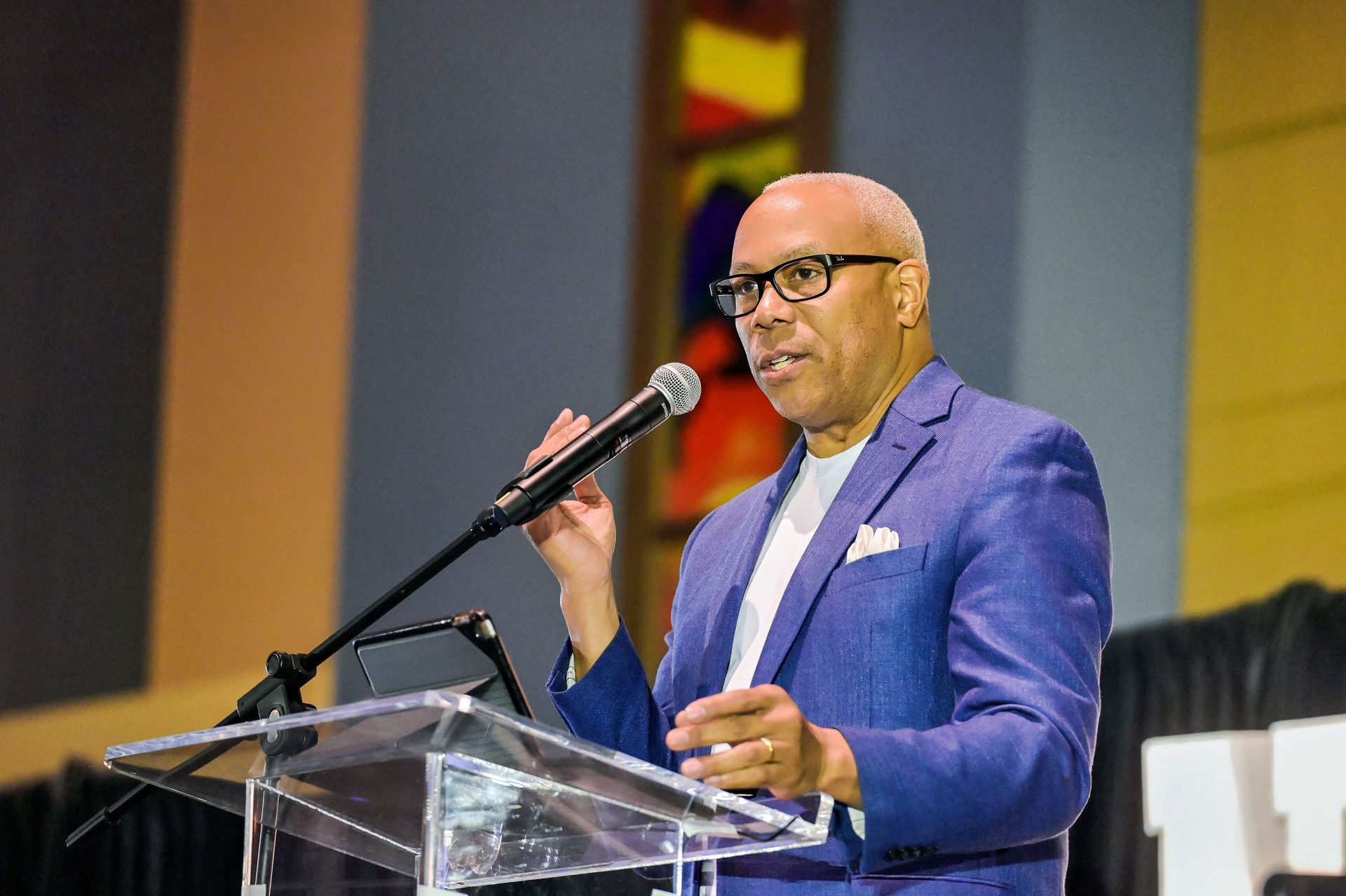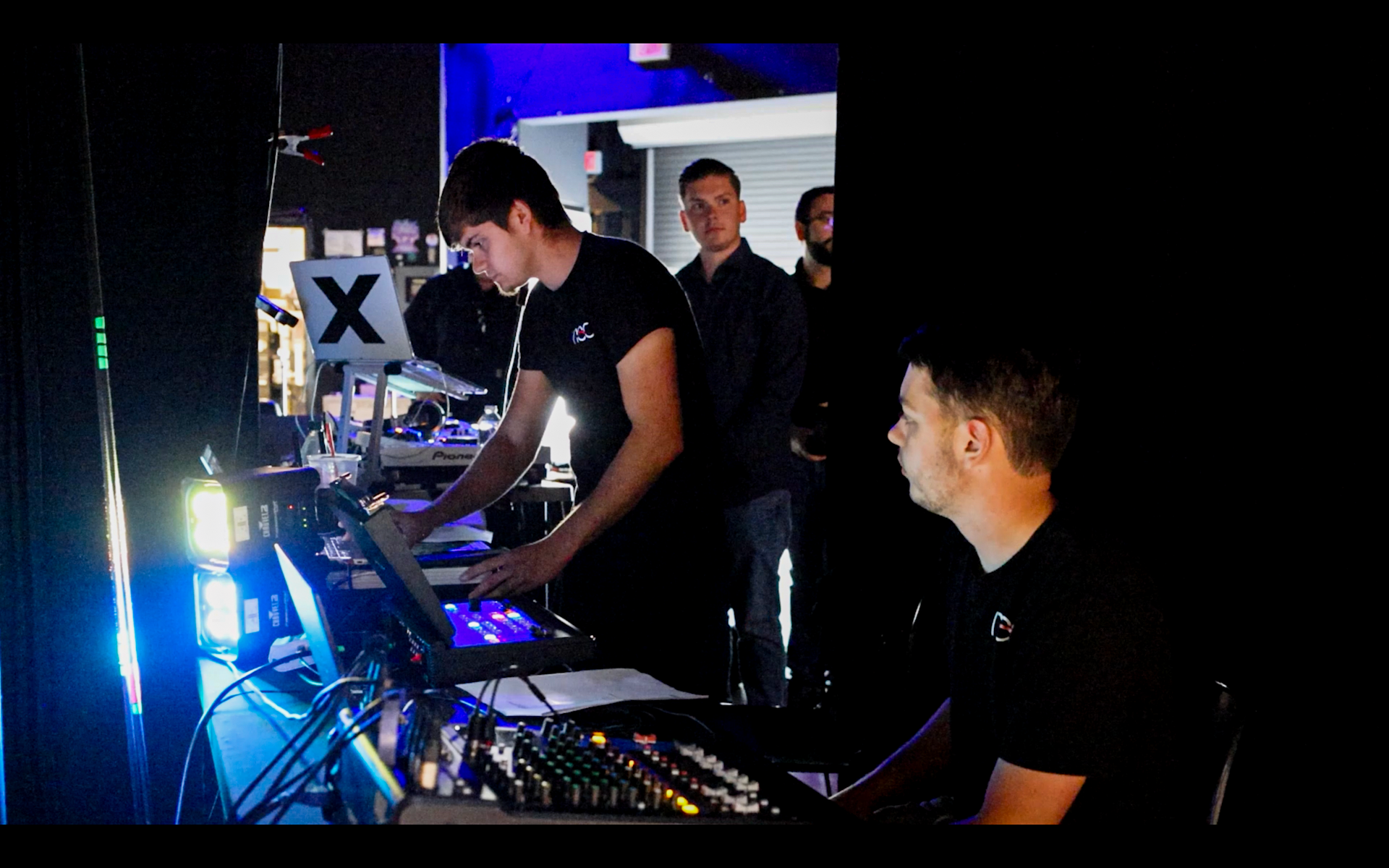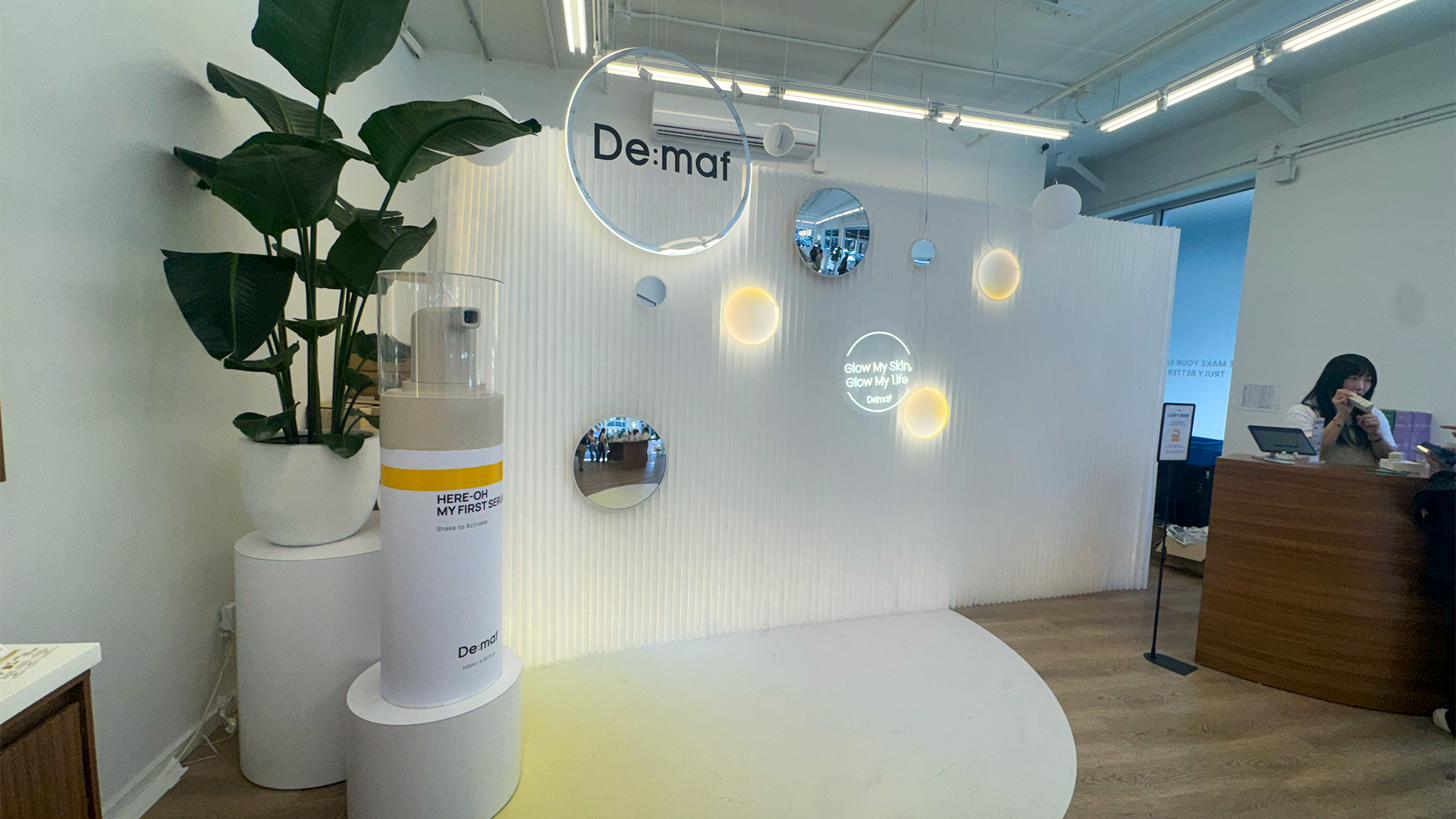Networking Event Tips: How to Create Lasting Professional Connections
Introduction to Networking Success
Navigating the world of professional networking can seem daunting at first, but with the right strategies, it becomes a rewarding endeavor. Effective networking is more than just exchanging business cards; it’s about building meaningful connections that can enhance your career and personal growth. This guide will provide you with essential tips for successful event networking, focusing on how to engage meaningfully and foster lasting relationships in the professional world. Whether you're attending a large conference or an intimate seminar, mastering these strategies will help you make the most of your networking opportunities.

Be Open and Friendly
Approaching a networking event with an open and friendly attitude can set the stage for positive interactions. When you walk into a room full of professionals, remember that everyone is there with a similar goal: to make connections. Ditch any anxieties about rejection and focus on the opportunity to engage with new people. Approach individuals with a warm smile and make the first move by introducing yourself. This simple act of openness can break the ice and create a comfortable environment for conversation.
Engage others by showing genuine interest in what they have to say. Instead of sticking to rehearsed lines or surface-level topics, ask open-ended questions that allow the other person to share more about their experiences and interests. This not only shows that you value their input but also helps in finding common ground for deeper discussions.
Body language plays a significant role in how you are perceived. Maintain eye contact, nod to show you are listening, and use gestures to convey enthusiasm. Being approachable involves more than just words; it’s about creating a welcoming presence that invites others to engage with you.
Finally, don't forget to bring a touch of your personality to the conversation. Sharing a lighthearted story or a genuine laugh can make interactions more memorable and enjoyable. By being open and friendly, you'll create an inviting atmosphere that encourages meaningful connections.
Know Your Audience
To effectively network, understanding your audience is crucial. Before the event, invest time in researching the event's agenda, speakers, and attendees. Familiarize yourself with the key topics and trends that will be discussed. This knowledge allows you to enter conversations with confidence and relevance.
Identify key individuals or organizations you’d like to connect with. A quick search on LinkedIn or the event’s networking platform can provide valuable insights into their professional backgrounds and interests. Having this information at hand will help you tailor your approach and find common ground, making your interactions more impactful.
Think about what your audience might find interesting or valuable. If you’re attending a tech conference, for instance, brush up on the latest industry developments or noteworthy projects. This prepares you to engage in meaningful discussions that resonate with the attendees’ interests and needs.
Additionally, consider the event's format. Is it a formal conference, a casual mixer, or an interactive workshop? Understanding the setting will help you adjust your communication style and approach accordingly. In a formal setting, a more structured and professional demeanor may be appropriate, while a casual event might allow for more relaxed and spontaneous interactions.
By knowing your audience, you can tailor your conversations to be more relevant and engaging, paving the way for deeper connections.
Show Genuine Interest
Show genuine interest by actively listening and engaging with the person you’re speaking to. This means giving them your full attention, making eye contact, and responding thoughtfully to their comments. Instead of just nodding along, ask insightful questions that show you’re truly interested in their experiences and perspectives. For example, if they mention a project they’re passionate about, inquire about the challenges they faced or the outcomes they achieved. This type of engagement not only makes the conversation more dynamic but also demonstrates that you value their input. Additionally, avoid interrupting or steering the conversation back to yourself too quickly. Let the other person share their story before you share yours. By showing genuine interest, you create a two-way dialogue that fosters deeper connections and mutual respect.
Communicate with Confidence
Confidence in communication can significantly enhance the quality of your interactions. When you share your expertise on relevant topics, you not only contribute to the conversation but also establish yourself as a knowledgeable professional. Building respect through confident communication involves more than just words. Research by Albert Mehrabian highlights that 55% of communication is conveyed through body language, 38% through tone of voice, and only 7% through actual words. This means your posture, gestures, and voice tone all play a role in how your message is received.
To project confidence, maintain a strong posture—stand tall, avoid crossing your arms, and use open gestures. It's also best to keep your hands out of your pockets. These nonverbal cues signal that you are approachable and engaged. A firm handshake and steady eye contact can also help convey self-assurance.
Your tone of voice should reflect enthusiasm and clarity. Speak at a moderate pace, enunciate your words clearly, and vary your tone to keep the listener engaged. Avoid filler words like "um" or "like," which can undermine your message and make you appear uncertain.
Lastly, prepare to discuss topics you are passionate about. Your confidence will naturally shine through when you speak about subjects you are well-versed in. This not only makes you a more engaging conversationalist but also helps to build credibility among your peers. By combining these elements, you can effectively communicate with confidence, leaving a lasting impression on those you meet.
Market Yourself
Networking events provide a valuable platform for professionals to connect and uncover new opportunities. However, it is essential to approach these interactions with the understanding that attendees are not present to hear sales pitches or promotional messages. Instead, the primary goal is to engage in meaningful conversations and build authentic relationships. While it is important to discuss your professional background and the organization you represent, the focus should primarily be on presenting yourself as a person and demonstrating your character. This approach fosters genuine connections, maintains interest, and ensures that others do not feel as though they are being targeted by a sales pitch.
Prepare and Practice
Preparation is key to making the most of your networking opportunities. Before you attend an event, take some time to craft a concise and compelling introduction. This should include your name, your professional background, and a brief mention of your interests or specialties. Think of it as your personal elevator pitch—it should be engaging and informative but not overly detailed.
Next, familiarize yourself with the key topics and industry trends related to the event. This will allow you to contribute meaningfully to conversations and demonstrate your expertise. Being knowledgeable about current developments also gives you a foundation to build upon when discussing relevant subjects with other attendees.
Practicing your talking points can also make a significant difference. Consider role-playing with a colleague or friend to refine your delivery and get comfortable with potential questions or discussion topics. This exercise helps in building confidence and ensuring that you come across as both knowledgeable and approachable.
Additionally, think about some open-ended questions you can ask to keep conversations flowing. Questions like, "What do you find most exciting about your work?" or "What brought you to this event?" can open up more in-depth discussions. This not only shows your interest but also helps in identifying common ground.
Remember, preparation and practice are not just about what you say but how you say it. Effective communication combines knowledge with confidence, making your interactions more impactful and memorable.
Follow Up After the Event
After the event, the real work of building lasting connections begins. Start by reaching out to the new contacts you made within 24-48 hours. A timely follow-up shows your interest and professionalism. Personalize your message by referencing specific topics or conversations you had. For example, if you discussed a particular project, mention it and offer any additional insights or resources you may have.
Utilize LinkedIn or other professional networks to connect with your new contacts. A personalized connection request, rather than a generic one, can make a significant difference. Mention the event where you met and a key point from your conversation to jog their memory.
Consistent communication is vital. Don’t let your initial contact be the last. Share articles, insights, or opportunities that might interest them, demonstrating that you’re thinking about their needs and interests. Periodic check-ins can keep the relationship warm without being overbearing.
Consider organizing a follow-up coffee meeting or a virtual call to deepen the connection. These one-on-one interactions allow for more meaningful conversations and stronger relationships.
By prioritizing personalized and timely follow-ups, you demonstrate your commitment to fostering valuable professional connections, making your network a vital asset for your career growth.
Conclusion: Building Lasting Professional Relationships
In the world of professional networking, the focus should always be on creating meaningful and lasting relationships. The strategies discussed—being open and friendly, understanding your audience, showing genuine interest, and communicating with confidence—serve as foundational elements for effective networking. Preparation and practice ensure that you are ready to engage thoughtfully, while timely follow-ups solidify the connections you've made.
Remember, networking is not just about the immediate exchange of information but about nurturing relationships over time. By investing in these relationships, you build a network that can provide mutual support, opportunities, and growth. The key is to approach each interaction with sincerity and a genuine desire to connect.
As you continue to attend events and meet new professionals, keep refining these strategies. Pay attention to what works best for you and adapt accordingly. With dedication and the right approach, networking can become a powerful tool for career advancement and personal growth. Keep these tips in mind, and you’ll find that building a robust network of professional connections becomes a natural and rewarding part of your professional journey.
